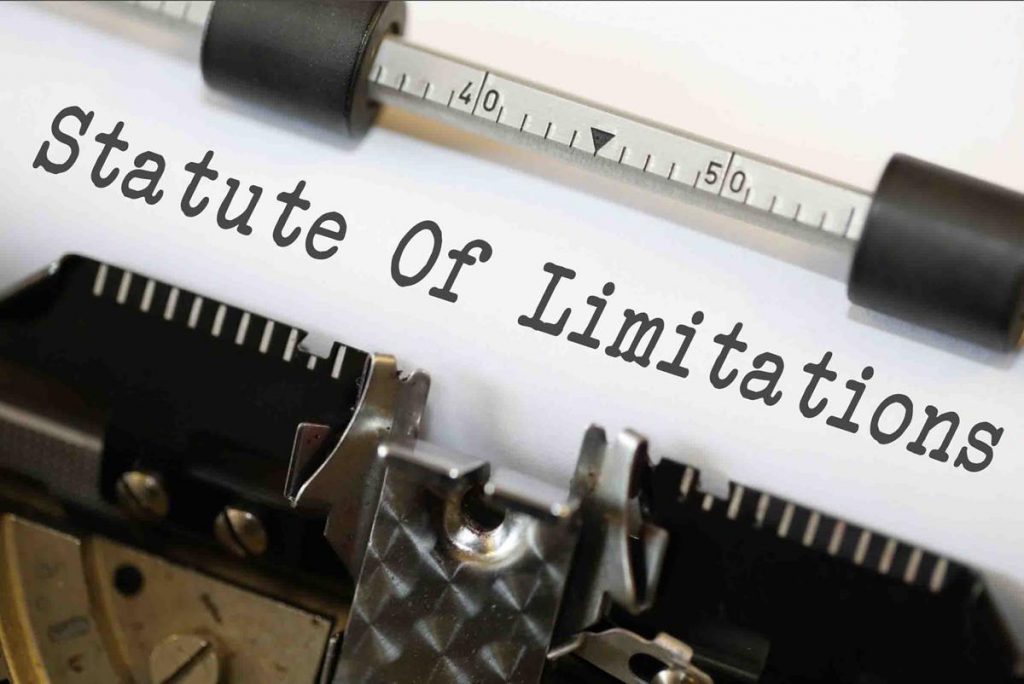
When it comes to plagiarism, there is apparently no statute of limitations.
That’s one lesson one might take from this tale of two papers, one published in 1984 in the American Journal of Obstetrics and Gynecology (AJOG), and the other published in 2000 in the Medical Journal of The Islamic Republic of Iran (MJIRI). Both are titled “The use of breast stimulation to prevent postdate pregnancy.”
Here’s the abstract of the AJOG article, written by two researchers at the Letterman Army Medical Center in San Francisco, California:
Postdate pregnancy is estimated to occur in 3% to 12% of all gestations. Morbidity and mortality rates associated with this common obstetric problem are higher than those with term gestation. The incidence of fetal distress, birth injury, meconium aspiration, congenital malformations, macrosomia, and oligohydramnios is also greater in postdate pregnancy. We prospectively evaluated breast self-stimulation to determine its effect on the incidence of postdate pregnancy. Two hundred low-risk patients at 39 weeks’ gestation were randomly assigned to either a control group or a breast stimulation group. Results showed that breast stimulation reduced the number of pregnancies managed as postdates from 17 per 100 (17%) to five per 100 (5%) (p < 0.01), a 70% reduction. It is concluded that breast stimulation in postdates pregnancies can decrease significantly the number of patients that must be monitored by biochemical or biophysical means.
And here’s the abstract of the MJIRI article, written by two researchers at Tehran University of Medical Sciences:
Postdate pregnancy is estimated to occur in 3% to 12% of all gestations. Morbidity and mortality rates associated with this common obstetric problem are higher than those with term gestation. The incidence of fetal distress, birth injury, meconium aspiration, congenital malformations, macrosomia, and oligohydramnios is also greater in postdate pregnancies. We prospectively evaluated breast self-stimulation to determine its effect on the incidence of postdate pregnancy. One-hundred uncomplicated patients at 40 weeks gestation were randomly assigned to either a control group or a breast-stimulation group. Results showed that breast stimulation reduced the number of pregnancies managed as postdates from 22 per 100 (22%) to zero per 100 (p= 0.002). It is concluded that breast stimulation in postdate pregnancies can decrease significantly the number of patients that must be monitored by biochemical or biophysical means.
The AJOG paper has been cited 22 times, according to Clarivate Analytics’ Web of Science, which does not index the MJIRI.
In a note to us late last year, Marc Abrahams, the editor of the Annals of Improbable Research, flagged the apparent plagiarism. In January, we asked Hamid Baradaran, the editor of the MJIRI, if the journal was aware of the overlap. Baradaran, of the Iran University of Medical Sciences, said he’d follow up, and earlier this month he said that the journal had decided to retract the paper.
We asked Maryam Modarres, of Tehran University of Medical Science and the first author of the MJIRI paper, whether she agreed with the retraction. She has not responded.
Like Retraction Watch? You can make a tax-deductible contribution to support our growth, follow us on Twitter, like us on Facebook, add us to your RSS reader, sign up for an email every time there’s a new post (look for the “follow” button at the lower right part of your screen), or subscribe to our daily digest. If you find a retraction that’s not in our database, you can let us know here. For comments or feedback, email us at [email protected].
Case of scholarly back to the future !!!
As on April 2019 the above mentioned article is still not retracted! Also a retraction note is absent.